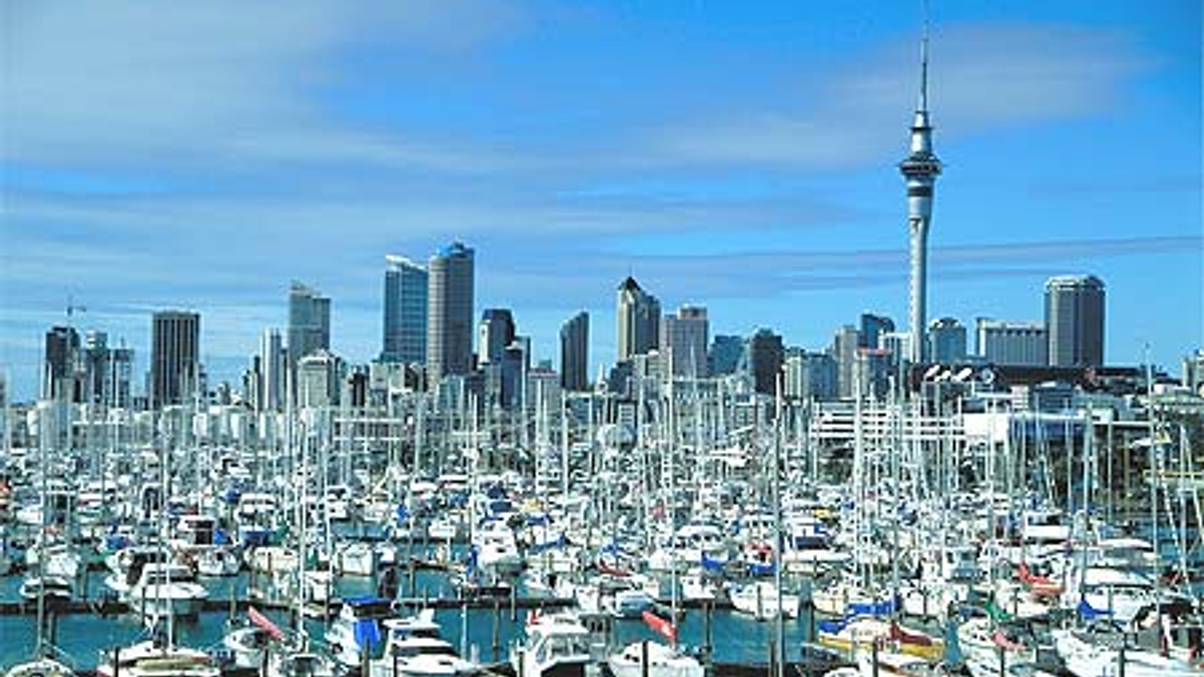Sovereign funds falling short on risk and governance
The chairman of the global association for sovereign wealth funds says the vehicles are not progressing quickly enough in their adoption of risk controls and governance issues.

Sovereign wealth funds (SWFs) are falling short of their self-imposed commitment to display high standards of risk control and governance, according to the chairman of the global association of the state investment vehicles.
Sign in to read on!
Registered users get 2 free articles in 30 days.
Subscribers have full unlimited access to AsianInvestor
Not signed up? New users get 2 free articles per month, plus a 7-day unlimited free trial.
¬ Haymarket Media Limited. All rights reserved.


